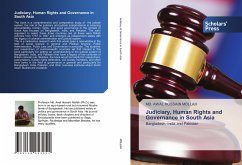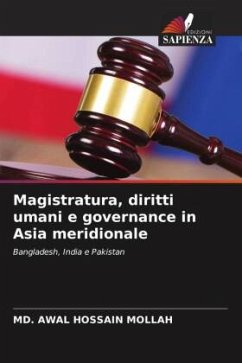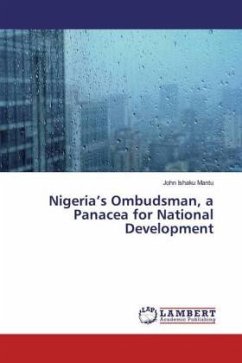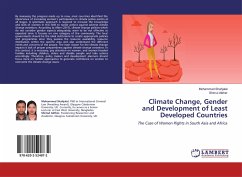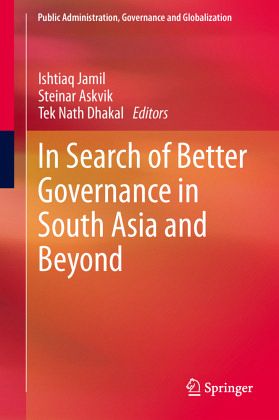
In Search of Better Governance in South Asia and Beyond

PAYBACK Punkte
38 °P sammeln!
The pursuit for better governance has assumed center stage in developmental discourse as well as reform initiatives of all organizations working for the public welfare, and includes such issues as service delivery and responding to citizens' needs and demands. In the era of globalization, multilevel and new modes of governance are changing the traditional governance models of nation states, accelerated by technological innovation, rising citizen expectation, policy intervention from international and multilateral donor communities, and the hegemony of western ideology imposed on many developin...
The pursuit for better governance has assumed center stage in developmental discourse as well as reform initiatives of all organizations working for the public welfare, and includes such issues as service delivery and responding to citizens' needs and demands. In the era of globalization, multilevel and new modes of governance are changing the traditional governance models of nation states, accelerated by technological innovation, rising citizen expectation, policy intervention from international and multilateral donor communities, and the hegemony of western ideology imposed on many developing nations. However, a universally accepted and agreed upon definition of 'governance' still remains elusive. There is no consensus or agreement as to what would be the nature and form of governance and public administration. The question that is raised: Is there a universal governance mechanism that fits in all contexts or governance mechanisms should be based on home grown ideas?One can seevarious programs and policies of reforms and reorganizations in public administration in the developing countries, but these efforts have not been effective to address the challenging issues of economic development, employment generation, poverty reduction, ensuring equality of access to public services, maintaining fairness and equity, security and safety of citizens, social cohesion, democratic institution building, ensuring broader participation in the decision making process, and improving the quality of life. Therefore, there is a widespread concern for better governance or sound governance to bridge the gap between theory and practice, making this book of interest to academics as well as policy-makers in global public administration.





